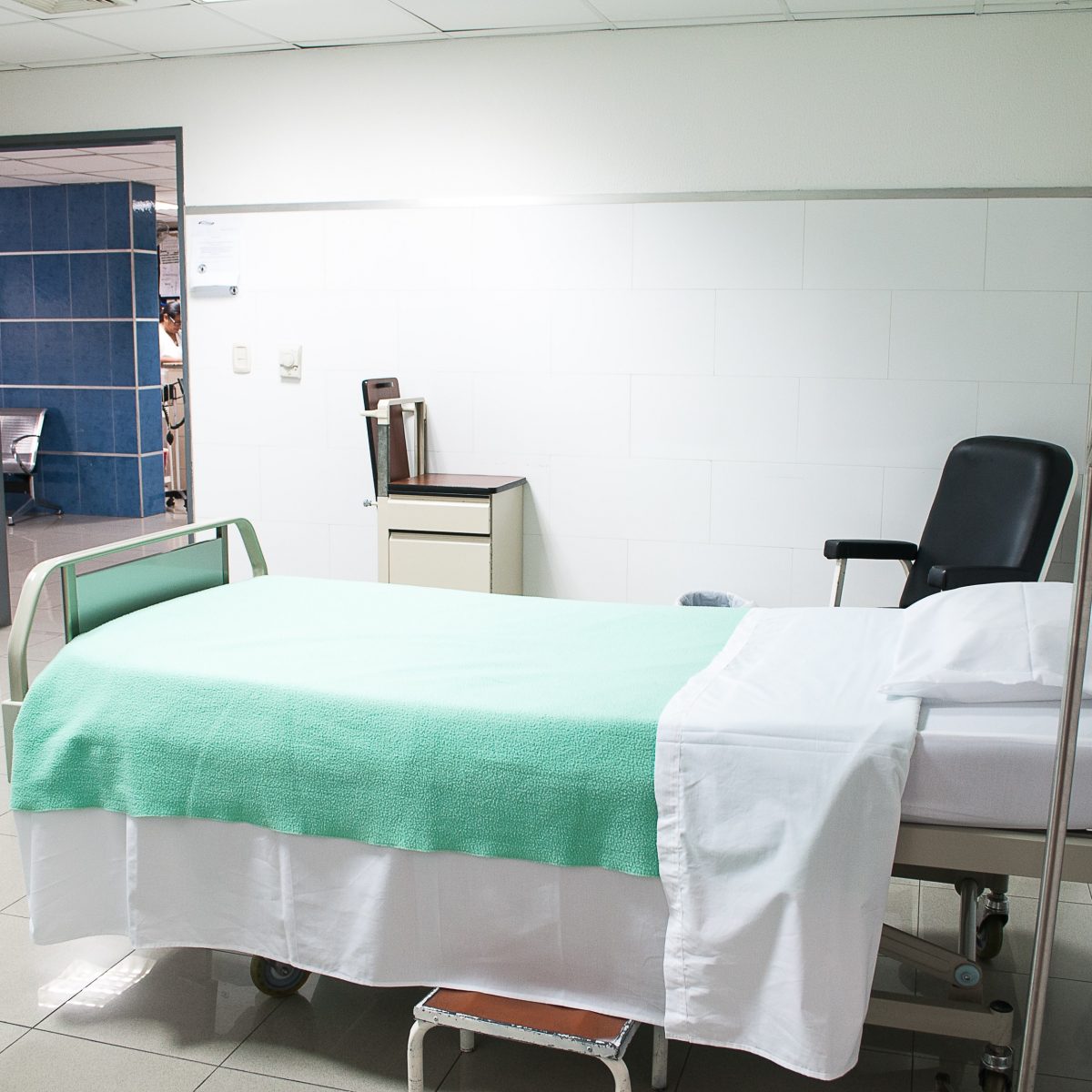You’ve worked hard to get your surgical center up and running. Now it’s time to make sure everything is in order so you can start seeing patients. Here’s a rundown of the steps you need to take to ensure your center is certified and compliant with all the necessary regulations. Follow these steps and you’ll be ready to open your doors in no time!
Make sure your surgical center is properly accredited
Ensuring your surgical center is properly accredited is a vital step any surgery provider must undertake. The certification confirms the facility meets essential safety and performance standards, which provides increased protection to both patients and surgeons alike by guaranteeing the highest level of care available. To obtain certification, comprehensive research must be conducted to understand accrediting organization requirements, which vary depending on the surgical procedures being performed. You can also meet with a surgery facility accreditation compliance consultant to make sure you haven’t missed any steps in the process for the procedures you’re looking to be accredited for. By making sure your surgical center is properly accredited, you are taking a powerful step towards protecting yourself, your business, and those who trust you with their lives.
Get the right insurance in place
Securing the proper insurance is one of the essential steps to getting a surgical center certified. It is critical that healthcare professionals and facilities understand the risks and coverages needed, such as malpractice and employee liability coverage, so that all obligations are fulfilled in a timely manner. Doing your due diligence to ensure you have the right policies in place and understanding what those policies involve can help ensure your surgical center operates smoothly during the certification process.
Make sure your office is ready for billing
A well-functioning payment system is essential for any surgical office. Having a secure, reliable, and timely way of collecting payments is necessary for the successful operation of the practice. Not only does it ensure that the practice receives accurate payment for services rendered, but it also helps to maintain patient satisfaction. By allowing patients to easily make payments, it reduces the stress of the experience and makes them more comfortable with your practice. If you have the staff, you can track patient payments in-house, but if you feel like you need the help, you can contract with a medical billing company that specializes in payment plans for surgeries. Once you’re confident you can take care of your patients fiscally, you’ll definitely be ready to care for them physically.
Train your staff on infection control procedures
Every medical facility needs to meet certain standards to be certified, and one of the most important elements is proper staff training on infection control procedures. Before a surgical center can get certified, every employee must understand how to implement proper protocols that reduce the risk of contaminants taking hold in the operating environment. Staff must not only practice these procedures during operations, but they also need to be aware of how they play a role in controlling infection even when involved with simple tasks such as housekeeping. It’s crucial that everyone take their part in making the surgical facility a safe space for patients and personnel alike.
Implement a system to track patient outcomes
To ensure the highest levels of patient safety and satisfaction are maintained, it is important for surgical centers to implement a system to track patient outcomes. Through tracking outcomes, staff can observe the rate at which patients experience successful surgeries, identify best practices, and quickly intervene if something goes wrong. This type of data collection helps provide insight into the quality of care being delivered, ultimately improving the overall operations of the center — allowing it to obtain certification based on evidence-based findings.
Be prepared for emergencies
Preparing for unexpected medical emergencies is an essential part of ensuring a surgical center is certified. Being prepared gives your staff the knowledge and resources they need to handle potentially dangerous situations while meeting the best practices outlined by certifying bodies. Your investment in emergency preparedness will pay dividends, helping to guarantee patient safety and promote peace of mind amongst all parties involved. That’s why it’s important that certifying bodies prioritize procedures like regular mock drills and stock assessments when it comes time to assess the level of compliance at a surgical center.
Follow all state and federal regulations
To ensure that a surgical center is properly certified, it is of the utmost importance to adhere to all state and federal regulations. During the certification process, all applicable laws must be observed at all times, as any compliance issues will cause further delays and possibly lead to rejection. To make sure that your surgical center receives a successful certification, it’s necessary to have an unerring attention to detail and a thorough knowledge of the relevant statutes. Taking the time in advance to become familiar with all relevant regulations can help expedite and simplify the entire certification process.
Although the certification process for surgical centers can be daunting, following these steps will ensure that you are well-prepared. With the proper accreditation, insurance, training, and systems in place, your surgical center will be ready to provide high-quality care to patients. By being aware of all state and federal regulations, you can avoid any potential penalties or legal issues. Keep these tips in mind as you work to get your surgical center certified.


